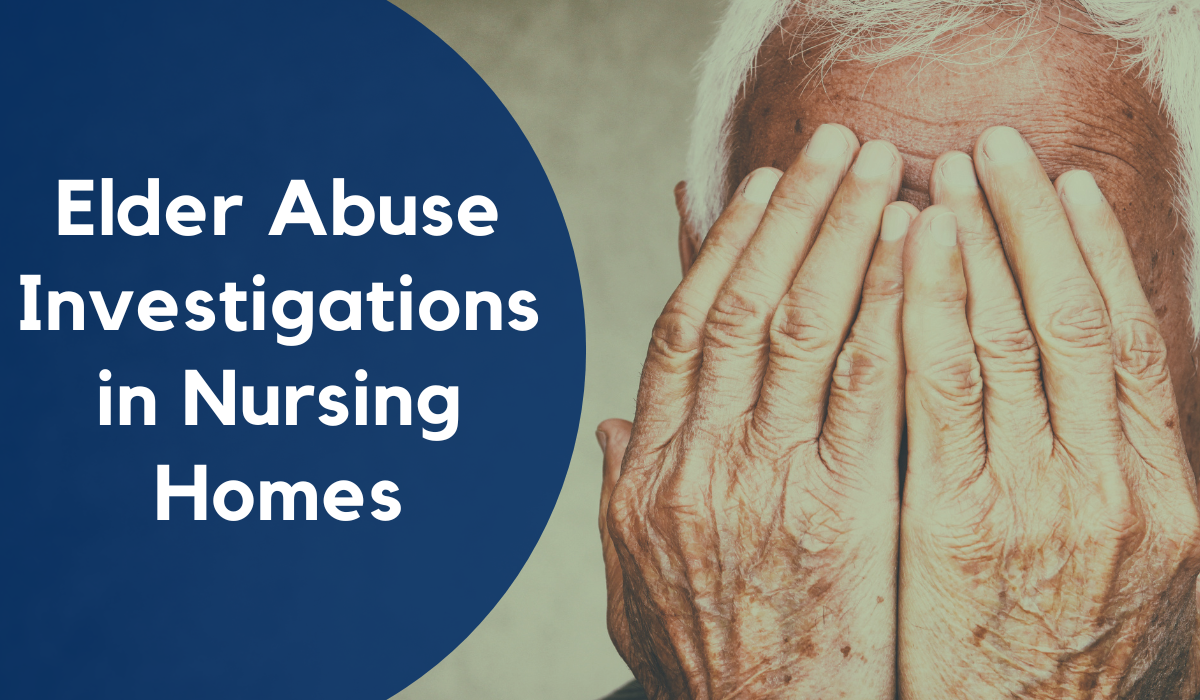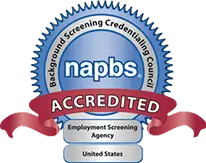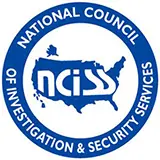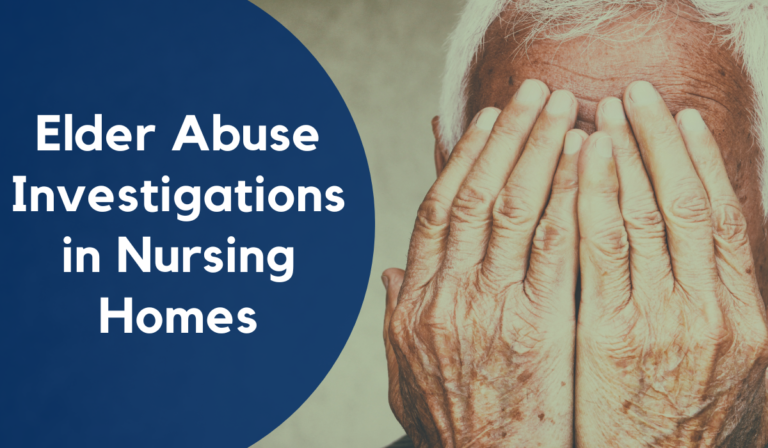The care and well-being of the U.S. elderly population is a huge proponent of families lives, and nursing homes play a crucial role in providing a safe and supportive environment for senior citizens. Unfortunately, instances of elder abuse in nursing homes have been a problem historically and still occurs to date, shedding light on the need for thorough and effective investigations to ensure the safety and dignity of our elders. This article delves into the complexities surrounding elder abuse investigations in nursing homes, exploring the signs, investigative processes, and the crucial role of preventive measures.
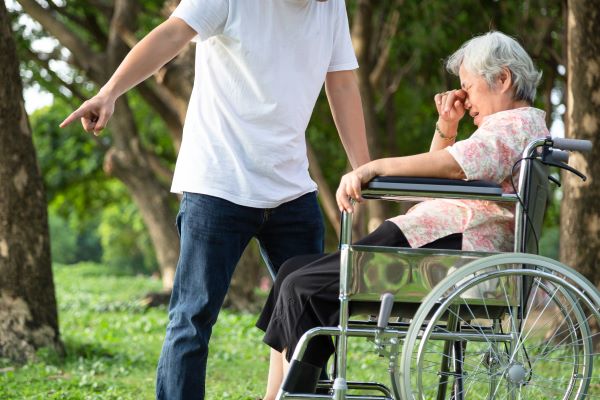
Understanding Elder Abuse
Elder abuse encompasses various forms and types of mistreatment, including physical, emotional, financial, and neglectful practices, all of which can have a high rate of consequences for the well-being of elderly individuals. In the context of nursing homes, where vulnerable residents rely on the staff for care, the potential for abuse raises ethical and legal concerns.
Recognizing the Signs
Physical Abuse:
- Unexplained injuries such as bruises, fractures, or burns.
- Signs of restraint or forceful handling.
- Sudden changes in behavior or emotional state.
Emotional Abuse:
- Withdrawal from social activities.
- Unexplained changes in mood.
- Fear or hesitation around specific staff members.
Financial Abuse:
- Unexplained financial transactions or missing possessions.
- Changes to legal documents without the elder’s understanding or consent.
- Sudden inability to pay bills despite financial stability.
Neglect:
- Poor personal hygiene.
- Untreated medical conditions or preventable health issues.
- Inadequate nutrition or hydration.

The Investigative Process
Identification of Suspected Abuse:
- Family members, staff, or other residents may observe signs of abuse and report concerns.
- Regular monitoring of residents’ physical and emotional well-being is crucial.
Reporting to Authorities:
- Nursing home staff, caregivers, or concerned individuals should report suspected abuse to appropriate authorities, such as adult protective services or law enforcement.
Internal Investigation by the Nursing Home:
- The nursing home administration should conduct an immediate internal investigation upon receiving reports of abuse.
Law Enforcement Involvement:
- If the internal investigation reveals potential criminal activities, law enforcement agencies should be involved to ensure a thorough and impartial examination.
Forensic Evidence Collection:
- In cases of physical abuse, forensic evidence, including medical examinations and photographic documentation, can strengthen the investigative process.
Interviews and Testimonies:
- Statements from the alleged victim, witnesses, and staff members are crucial in understanding the circumstances surrounding the abuse.
- Interviews should be conducted in a sensitive and trauma-informed manner.
Review of Records:
- Inspection of medical records, security footage, and relevant documentation can provide additional insights into the conditions leading to the abuse.
Legal Proceedings:
- If criminal charges are warranted, legal proceedings against the alleged abuser should commence.
- Civil actions may also be pursued for compensation and accountability.

Preventive Measures:
Staff Training:
- Comprehensive training programs should educate staff members on recognizing, preventing, and reporting elder abuse.
- Emphasis on empathy and person-centered care is crucial.
Regular Monitoring and Oversight:
- Implementing systems for continuous monitoring of residents and staff behavior can identify potential issues early on.
- Periodic external audits can ensure compliance with regulations and ethical standards.
Transparent Reporting Protocols:
- Clear and accessible reporting mechanisms empower staff, residents, and families to voice concerns without fear of retaliation.
- Anonymity options may encourage more individuals to come forward.
Quality Assurance Programs:
- Establishing quality assurance programs ensures that the nursing home continually evaluates and improves its practices.
- Regular internal and external assessments contribute to a culture of accountability.
Community Engagement:
- Engaging with the local community fosters transparency and accountability.
- Regular communication with residents’ families and community organizations can provide valuable feedback.

Elder abuse investigations in nursing homes are complex and emotionally charged processes that demand diligence, compassion, and a commitment to justice. It is incumbent upon society, regulatory bodies, and healthcare providers to work collaboratively to create an environment where the elderly are not only cared for but also protected from harm. By understanding the signs of abuse, implementing robust investigative processes, and prioritizing preventive measures, we can strive towards ensuring that nursing homes fulfill their noble mission of providing a safe haven for our elderly loved ones.
Choose ASG Investigations as your partner in elder abuse investigations or other family concerns you may have. Our compassionate and thorough approach ensures justice and safety for seniors in nursing homes. Contact us to safeguard the well-being of your loved ones.
